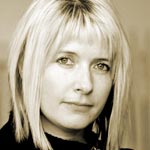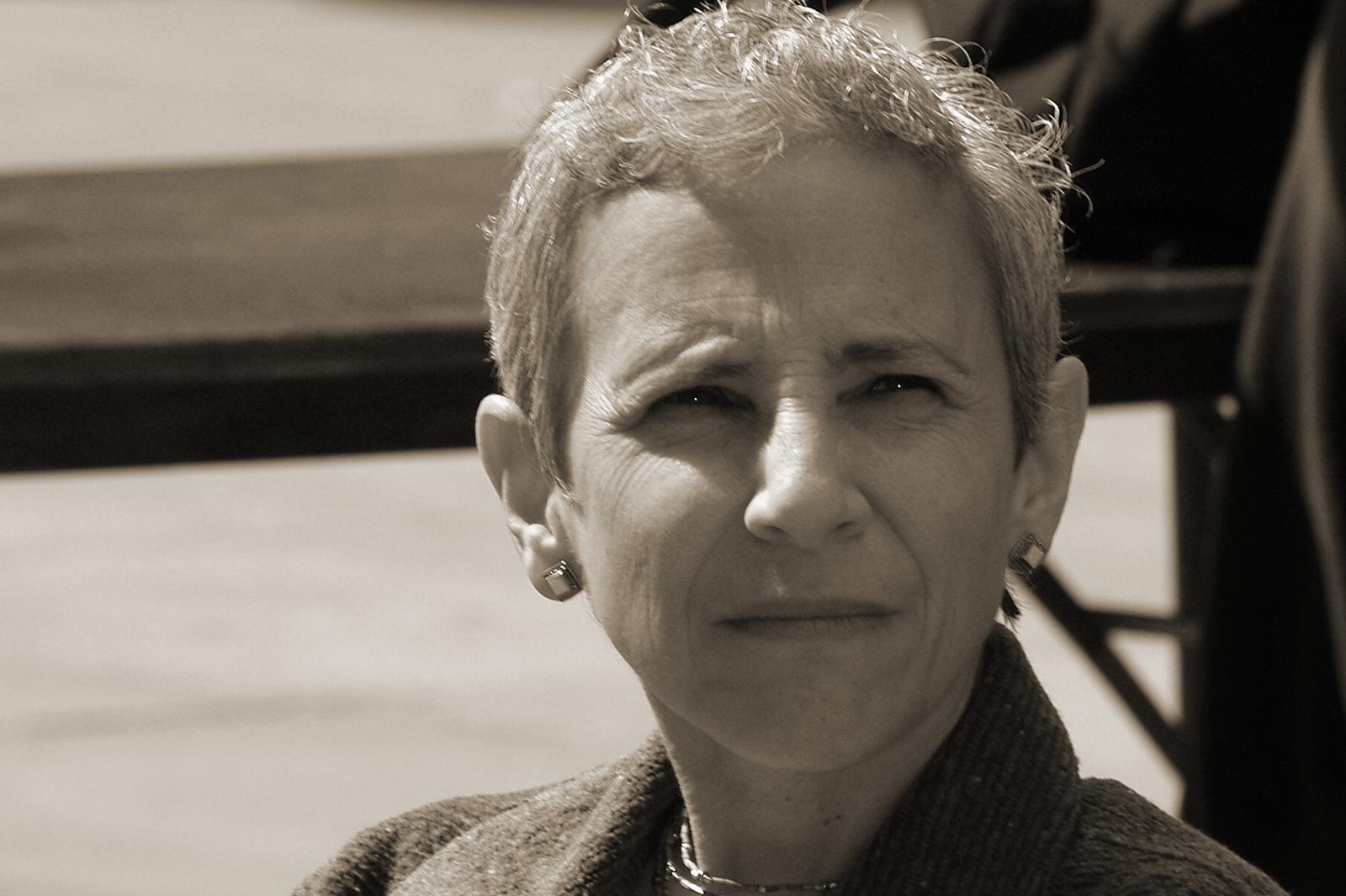
Lauren Beukes will do anything to avoid writing. In spite of her best efforts, however, her literary credits continue to find their way into the world (which is a very good thing indeed). She’s a journalist, a writer of animated TV series, producer of documentaries, author of novels (non-fiction, fiction, and graphic), a shark swimmer, and Queen of Cape Town. With such a broad canvas splashed with such startling and remarkable works, you KNOW the 20(ish) minutes I and Ryan Stevenson have with her is not only a pure delight, but also brimming with writerly goodness. (and you can also check out Lauren’s Workshop Episode)
PROMO: “Hapax” by K. T. Bryski
Showcase Episode: 20 Minutes with Lauren Beukes
[caution: mature language – listener discretion is advised]
Podcast: Download (Duration: 34:21 — 31.4MB)
Subscribe: RSS
Check out this and all our episodes on iTunes and on Stitcher Radio!
Episode Breakdown
01:25 – Lauren’s Spectacular Intro
06:25 – What, in your opinion, feeds creativity in a culture or society… and what feeds yours?
- 06:55 – Being interested in the world… I think curiosity feeds creativity more than anything else
- 07:00 – Conflict CAN feed it… if you look at the fiction in South Africa, there IS a political social aspect to it
- 07:35 – SciFi in general is often interested in those themes, but in South Africa its very much in your face
- 08:05 – I write about stuff that really pisses me off
- 08:15 – I also use my writing to get at things I don’t understand
- 08:20 – In Zoo City, I wanted to get at this passion and anger and fear of crime and try to find an element of humanity there
- 08:45 – It was a way of me exploring why I have problems reconciling and why South Africa is able to reconcile more easily with the atrocities that happened during the Apartheid regime
- 09:55 – A lot of that comes from my journalistic background… getting into something and try and figure it out
- 10:55 – Science Fiction (and genre fiction in general) allows us short-circuit issue fatigue with the “crazy big idea” which re-invents that issue in a new and interesting way
12:10 – When you start outlining your stories, are you aware of the issue you’re going to speak to right off the bat or do they present themselves as you work through the process
- 13:15 – Most of it is subconscious… if I wanted a soap box, I have other venues for that sort of thing
- 13:35 – First and foremost, it’s about telling a really great story that will hopefully surprise and delight people
- 13:55 – I have an idea for a great story and, because of who I am, then all this stuff I’m interested in and angry about kind of leaks through
14:40 – How do you evolve your characters?
- 15:10 – I don’t think story versus character is a real argument
- 15:30 – You need both… you need a great character doing interesting things or experiencing interesting things which then change and shape them
- 15:40 – They always kind of start together
- 16:00 – E. L. Doctorow said “writing is like taking a road trip at night”. For me, you know the major landmarks but in between its pitch black and you have to figure it out
- 16:35 – The books never come out exactly the way I intended them, but I always know my beginnings and I always know my endings
- 17:00 – What’s amazing to me is when you surprise yourself
- 17:05 – In that instant between your brain firing and the signal passing to your fingertips… and it shifts
- 17:15 – That, to me, is the magic of writing
17:55 – “Hapax” by K. T. Bryski
19:00 – What are the differences between writing a novel and a comic book
- 19:35 – Writing for comics has been a tough learning curve
- 19:40 – I really love dialog… I could write a whole book with nothing but dialog
- 19:55 – You just can’t do that in a comic book. You have two sentences and you have to make those sentences count
- 20:00 – Working in kids animation helped with a 14 minute episode means you don’t have time to mess around
- 20:45 – What’s really messed me up with comics has been what you can do with panel layout
- 21:10 – Often I send the script to the artist, Inaki Miranda, and we workshop that together
- 22:20 – I was more heavy on description in the beginning as we were still feeling each other out
- 22:25 – By the end of issue six, I trust him completely and we understand each other
- 22:40 – What is amazing about working in comics and film is collaboration, allowing someone else to take your idea and run with them
- 22:50 – There’s nothing more astonishing than other minds
23:10 – Have you ever worked in a collaborative writing environment and what did it reveal to you about your own writing?
- 23:50 – Every time I worked for an animated TV show I have
- 24:15 – We had a competition for “Moxyland” inviting people to write a story in that world
- 24:20 – I asked the three winning writers to contribute to Zoo City (three chapters are written by other people)
- 25:25 – What’s amazing about working in a workshop or shared world environment is what other people come up with
25:45 – Do you ever find – in a collaborative environment – that you have a knee-jerk reaction to defend an idea?
- 26:15 – I think more so with the animated TV show because there were so many of us working on it
- 26:20 – You have to learn to let go of your ego
- 26:30 – I will absolutely fight if it’s not better… I’ll dig in my heels and fight
- 26:40 – But if someone is improving your work or making things more interesting, then that’s amazing, that’s a privilege


South Africans are very proud of Lauren. I read Moxyland which was published by Jacana. Very futuristic and well written. Well done.
Fascinating interview. I especially got to thinking about how Lauren said she did ‘anything to avoid writing’. I’d guess she’s partially joking, especially because what she said about the parts of writing she genuinely enjoys–the discovery writing parts.
Great job all around. I like Ryan, but I miss Brion a bit on the show.
Thanks Tim! This was definitely one that I wanted to be a part of, but alas, the wee bairn swept me away from the microphone. The guys did an amazing job! And Lauren is awesome!